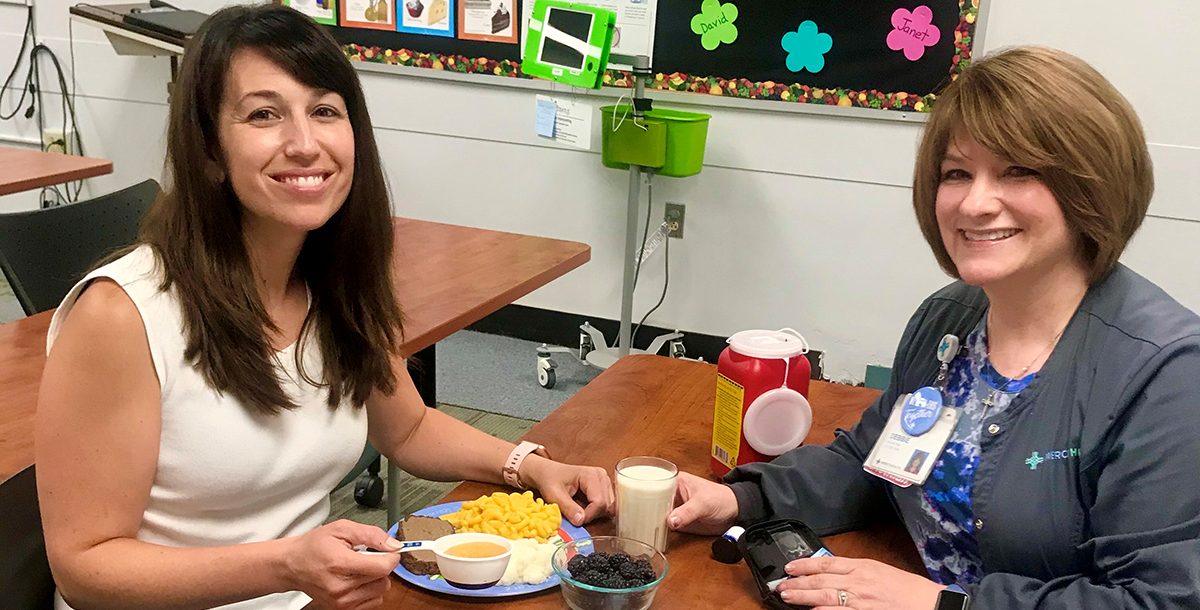Just over ten percent of Americans are living with diabetes today. Therefore, chances are you know someone living with this chronic condition. But could you also be at risk?
People who develop diabetes may not notice any symptoms until after the disease has caused severe damage to their bodies. In fact, the American Diabetes Association (ADA) estimates that 7.3 million Americans have undiagnosed diabetes.
An additional 84.1 million Americans have elevated blood sugar levels, a condition known as pre-diabetes. People with pre-diabetes are at high risk of developing diabetes within 10 years.
If left untreated, diabetes is a severe disease. People with diabetes are two to four times more likely to suffer from heart disease or stroke. Other serious complications include blindness, high blood pressure, kidney failure and amputation due to nerve damage.
However, when properly diagnosed, diabetes is manageable with treatment. For this reason, our experts stress the importance of regular screenings for diabetes and pre-diabetes.
“Because diabetes symptoms tend to be mild in early stages, screening with a simple blood test can help your doctor monitor your blood sugar levels,” says Debbie Hlad (pictured above, right), a certified care and diabetes education specialist with Mercy Health – Youngstown. “Early lifestyle changes can prevent pre-diabetes from becoming Type 2 diabetes.”
In one study, people with pre-diabetes who lost five to ten percent of their body weight and walked for thirty minutes a day cut their chances of developing diabetes by 58 percent. This number increased to 71 percent for people over the age of 60.
In our ministry’s nationally recognized Diabetes Education Programs, certified care and diabetes education specialists like Debbie help patients understand and manage their condition. These specialists are trained as both dietitians and nurses. Through counseling, classes, and support groups, they help diabetes patients learn to eat well, exercise, relieve stress and monitor their blood sugar.
“Education is the best way to help self-manage diabetes,” says Debbie. “Getting accurate information in Diabetes Self-Management Programs can make a big difference with your testing results. Contrary to what we often hear, you don’t have to be on a special diet to control your blood sugars.”
Your primary care provider can help determine when and how often you should get tested for pre-diabetes and diabetes.
Learn more about the diabetes management and care services we offer at Mercy Health.






